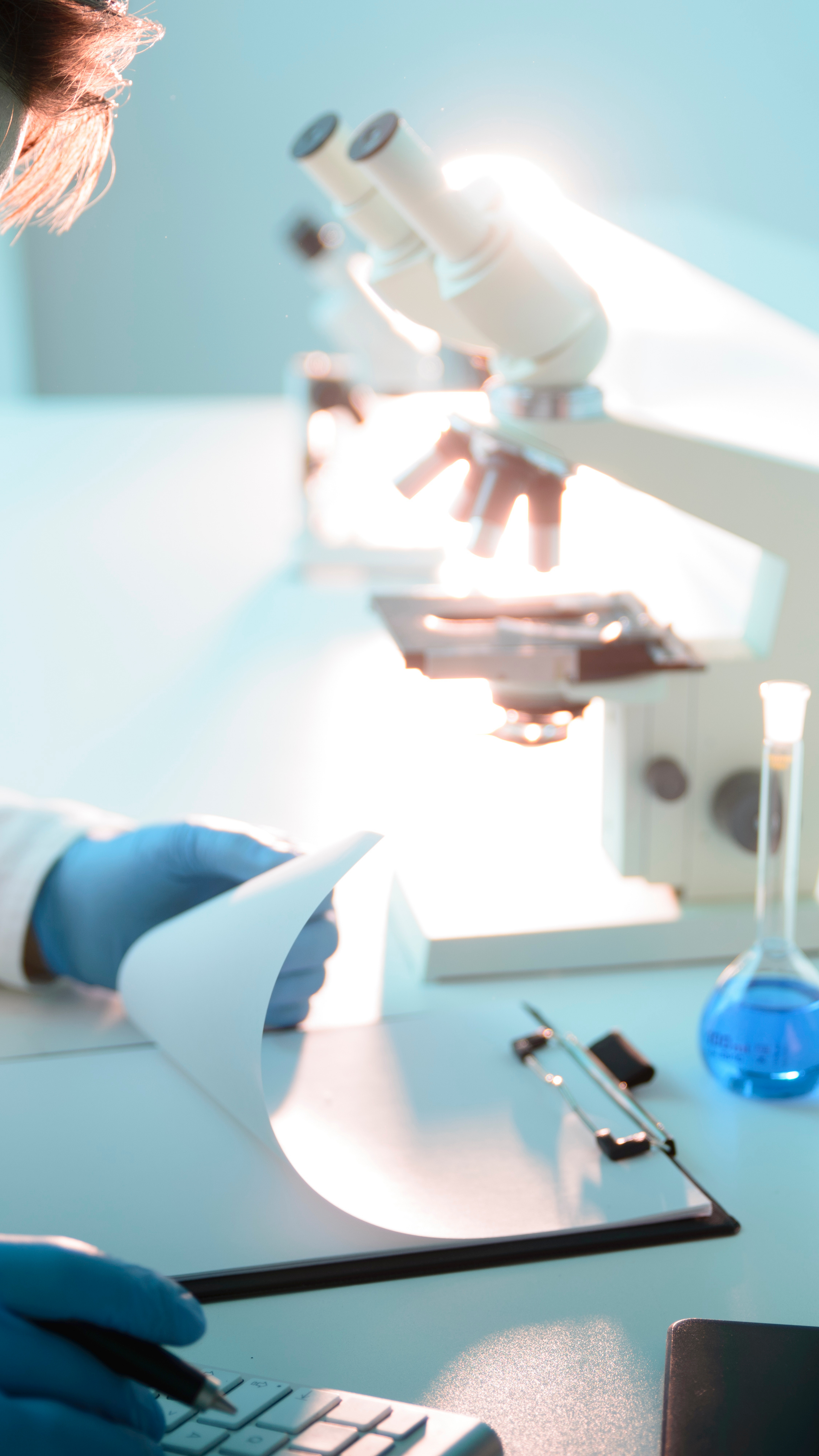The Green Labs Program is a resource to help lab users reduce energy, water, and waste in research and teaching labs on campus. Sustainable research means more efficient research, improving the impact of each research dollar spent on campus. The Office of Sustainability encourages all lab users to follow the tips below to reduce environmental impacts and help the University of Maryland achieve its sustainability goals, including its Climate Action Plan goals.
Energy Reduction Strategies
- If your lab has Fume Hoods, keep the sashes closed as much as possible! Fume Hoods can each use as much energy and cause as much greenhouse gas emissions as three American houses! Here is a video that explains this.
- Keep Ultra Low-Temp Freezers maintained. Cleaning the filter, keeping an inventory list, and making sure the unit seals well will go a long way in reducing energy consumption. Check this guide for more information.
- "-70 is the new -80" Raise the temperature of your Ultra-Low 10 degrees to save enough energy to power an entire apartment while increasing the lifespan of your freezer. Check out UC Boulder's research.
- Turn off and unplug equipment that isn't frequently used, or won't be used for an extended period.
- Have a "Holiday Shutdown Plan" for long periods of time when the lab won't be used so it's easy to know what equipment can and cannot be unplugged.
- Do you have energy-intensive equipment that doesn't need to run at night? Consider installing outlet timers to control equipment on/off times. Contact GreenLabs@umd.edu for assistance.
Waste Reduction Strategies
- Batteries can be recycled in special bins on campus. Find a bin near your lab.
- Styrofoam is not currently recycled at UMD, but many vendors have take-back programs. Please ask you vendor if they take-back Styrofoam or other packaging.
- Most non-contaminated paper and plastic in labs can be recycled, including pipette tip boxes.
- If you have any questions about recycling, contact recycle@umd.edu for assistance.
Water Reduction Strategies
- If you lab has a single-pass water cooling system, then please contact GreenLabs@umd.edu to learn how we can help upgrade your system.
- Switch your vacuum aspirator pumps to vacuum pumps.
- Consolidate autoclave loads.
- Only use distilled and RO water in the appropriate settings. RO water membranes expel 4 gallons of potable water for every 1 gallon of RO water produced.
- Report water leaks immediately! Call 301-405-2222 or you can report online.

Green Labs Case Study
Annual pounds of CO₂ the Andrews Lab cut using simple steps:
- Shutting two fume hoods: 41,756
- Decommissioning a freezer: 9,876
- Defrosting a freezer annually: 1,481
- Defrosting nine mini fridges: 1,083
- Turning off a mini fridge: 602
- Turning off a water bath: 201
- Putting a water bath on a timer: 100
Total savings: 55,099 pounds of CO2 emissions
How One of UMD’s "Green Labs" Shed 55,000 Pounds of Greenhouse Gas Emissions
University research labs deliver crucial innovations that create healthier, better lives for all of us, but they have a dirty little secret—they can consume massive amounts of energy, contributing to climate change.
That chemical fume hood that removes unsafe air? It can use as much energy as three average American homes. Toss in a few lab freezers holding a constant -80 degrees Celsius, and energy consumption adds up quickly.
A collaborative effort between the Office of Sustainability and the Department of Engineering & Energy has found ways to reap the benefits of science while reducing the environmental impacts. Called the Green Labs Program, it’s part of UMD’s Climate Action Plan to achieve carbon neutrality on campus, and serves as a resource for labs to identify ways to make research more sustainable.
An early participant in the program, cell biology and molecular genetics Professor Norma Andrews, found she was able to eliminate more than 55,000 pounds of annual carbon dioxide emissions by instituting some relatively simple changes.
It started with a lab walk-through and presentation to staff by Emery Wolf, UMD Green Labs associate, who talked about energy-saving tactics for the Andrews Lab—which focuses on the cell biology of intracellular protozoan parasites and mechanisms of plasma membrane repair—without impeding research.
“We learned a lot from Emery's visit and immediately implemented his suggestions by ‘retiring’ one old -80°C freezer, defrosting refrigerators, adding timers to water baths, and keeping fume hoods closed when not in use,” Andrews said.
The hoods, which put an extra load on a building’s HVAC systems when left open, are by far the No. 1 culprit, Wolf said—something most researchers aren’t aware of. They’re often left open even when not needed, flushing heated or air-conditioned air out of the building.
“When ventilation can be reduced, energy is saved, and less carbon is released to the atmosphere,” Wolf said.
Charmaine Yuan ‘20, a biological sciences and psychology double major and a sustainability minor, took the sustainability lead for the lab.
"I was so excited when I was invited to serve as a Green Labs change agent and work as a liaison between the Andrews Lab and the Office of Sustainability,” Yuan said.
While focused on research goals, it’s easy to leave equipment on and consuming energy, Wolf said.
“There is a real tragedy of the commons that can happen in labs,” he said.